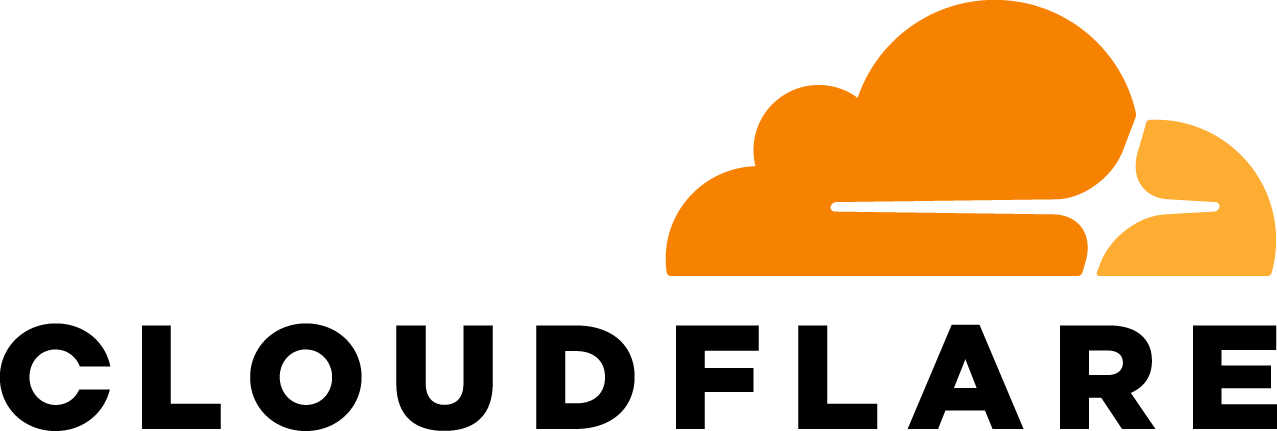
“A free press can, of course, be good or bad, but, most certainly without freedom, the press will never be anything but bad.”
― Albert Camus
Since its founding in 1993, World Press Freedom Day has been a time to acknowledge the importance of press freedom and call attention to concerted attempts to thwart journalists’ essential work. That mission is also embedded in the foundations of our Project Galileo, which has a goal of protecting free expression online — after the war in Ukraine started, applications to the project increased by 177% in March 2022 alone.
In Uruguay today, UNESCO’s World Press Freedom Day Global Conference is underway, with a 2022 theme of “Journalism under Digital Siege.”
It is a fitting and timely theme.
While the Internet has limitless potential to make every person a publisher, bad actors — both individuals and governments — routinely deploy attacks to silence free expression. For example, Cloudflare data illustrate a trend of increased cyber attacks since the invasion of Ukraine, and journalists are frequent targets. Covering topics such as war, government corruption, and crime makes journalists vulnerable to aggression online and offline. Beyond the issue of cyber attacks, Russian authorities’ decision to block websites they find objectionable has hindered citizens’ ability to access news.
The UNESCO report Threats that Silence: Trends in the Safety of Journalists spotlights the methods that criminals use to interfere with press freedom, including hacking (such as to steal confidential data) and digital attacks (one example is DDoS attacks to overwhelm a site with traffic).
Traffic spikes and news cycles
Web traffic closely follows world events, and sudden increases in interest in a topic can leave sites struggling to adjust. For example, during and after the Oscars, movie news sites like Variety and The Hollywood Reporter see drastic changes in traffic. This year, the day after the Oscars, DNS requests rose to 1,200% more than usual.
We spot the same trend during elections. As polling stations closed for the recent French presidential race, traffic to news sites rose 142% while citizens tracked results.
In wartime, ensuring the availability of a wide variety of news sources is vital so that citizens can access information relevant to their safety. In an April blog post, we highlighted Russian authorities’ decisions to block news websites. Meanwhile, traffic to several Western media outlets rose as Russian citizens sought out international sources.
Take a look at the DNS traffic from Russia to one well-known US newspaper:

DNS traffic from Russia for a large French news source also grew enormously:

Keeping journalists online
As previously discussed on our blog, Project Galileo was born from a mistake we made during the Russian invasion of Crimea in 2014. Because of an attack, we stopped proxying traffic of an independent newspaper in Ukraine that had been covering the ongoing Russian invasion, and the site went offline. That day prompted reflection on how we could truly live up to our mission to help build a better Internet.
Particularly during wartime, news publishers need proper resources to prevent bad actors from knocking websites offline and to manage traffic spikes. As part of Project Galileo, we provide free security and performance services to journalists, humanitarian groups, and civil rights organizations around the world. Independent media and journalism organizations make up a majority of the domains protected under the project.
The number of cyber attacks on journalists is staggering. When we examined traffic data last year, we found that journalism and media sites protected under Project Galileo are subject to over 30 million cyber attacks per day.
To identify candidates for participation in Project Galileo, we partner with dozens of free speech, public interest, and civil society organizations, including Fourth Estate, Free Press, Reporters Sans Frontières, and Institute for War & Peace Reporting.
According to W. Jeffrey Brown, founder of Fourth Estate, “The right to freedom of expression and information is an essential element of free and democratic societies. Historically, times of war and conflict are rife with weaponized misinformation, disinformation, and propaganda. The work of the free press is essential in providing people with accurate, timely, and trustworthy information: news that saves lives and property and shines a light on war crimes and human rights abuses.”
Get to know Project Galileo participants
Since many of these organizations are particularly vulnerable and subject to backlash, we do not publicly discuss participants unless we receive explicit permission. We also have never removed an organization from protection in the face of political pressure.
Below are some journalism-related organizations that have agreed to publicly talk about their participation. Check out these case studies to see what makes journalism in the digital era so challenging:
- Sin Embargo
- The Reporter
- New Brunswick Today
- Sarawak Report
- Raissa Robles
- Lake County News
- Diário de Araxá
- Cagle Cartoons
How to join Project Galileo
Applications to Project Galileo have skyrocketed since the invasion began, with many coming from organizations within Ukraine and neighboring countries. We are rapidly onboarding sites dedicated to journalism, human rights, and nonprofits that are organizing refugee efforts.
Know a site that could use our help? Public interest groups can quickly apply online, and we engage our partners to identify the at-risk websites that can benefit from the project.
Organizations spotlighting chilling effects and on-the-job dangers
Our Project Galileo partners are excellent resources for understanding the challenges journalists face, both in Ukraine and the rest of the world. Here are a few examples:
- Committee to Protect Journalists: Examine data on the deadly risks for journalists; CPJ finds that at least 27 journalists were killed in 2021 because of their work.
- Access Now: Get security tips and view regular updates on how the invasion of Ukraine is affecting freedom of expression online.
- Reporters Sans Frontières: View the interactive 2021 World Press Freedom Index. It incorporates criteria including media independence, transparency, and legislative frameworks.
- Institute for War & Peace Reporting: Learn about the dangers of covering the war in Ukraine.
- Center for International Media Assistance: See how news outlets are leveraging encrypted messaging apps to reach audiences in developing countries and emerging democracies.
- Council of Europe: Read the new annual report by the Council of Europe Platform for the Protection of Journalism and the Safety of Journalists; it notes that 2021 was the deadliest year for journalists in Europe since 2015.
Coming up
The eighth anniversary of Project Galileo is just weeks away. Stay tuned for case studies highlighting new and long-time participants as well as updated data from Cloudflare Radar. And for a look back at 2021 highlights from Project Galileo, download our Impact Report.



